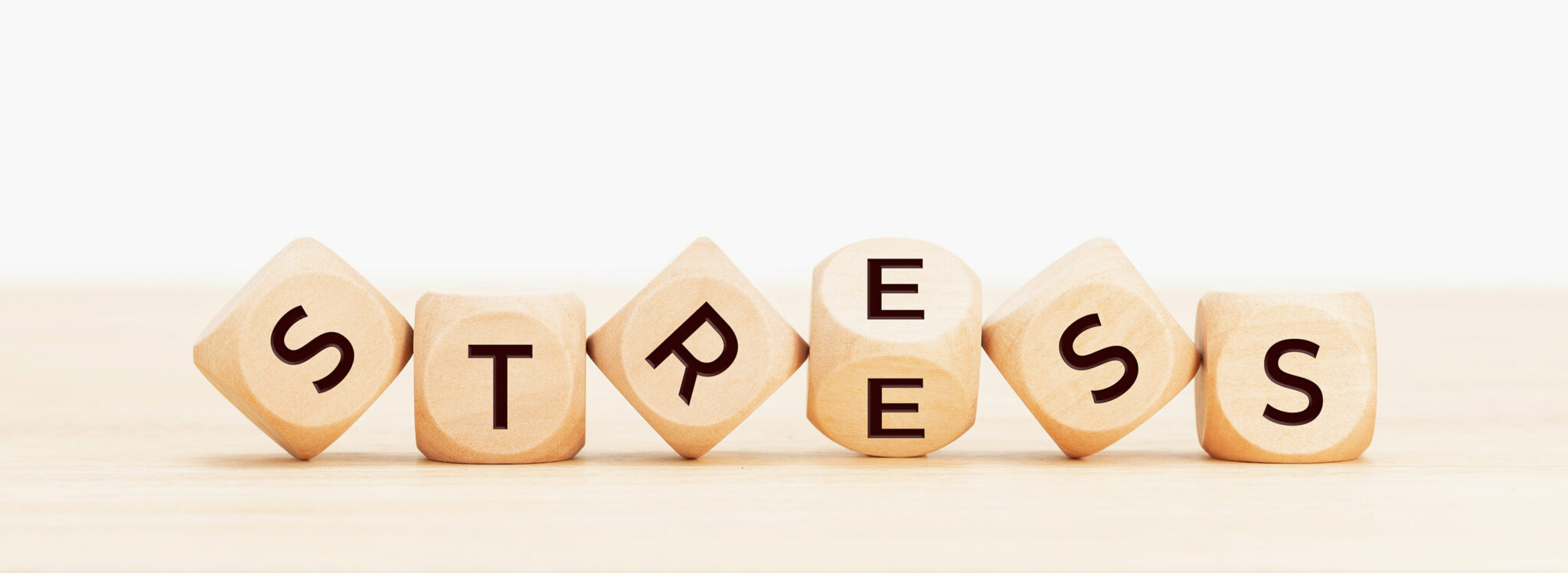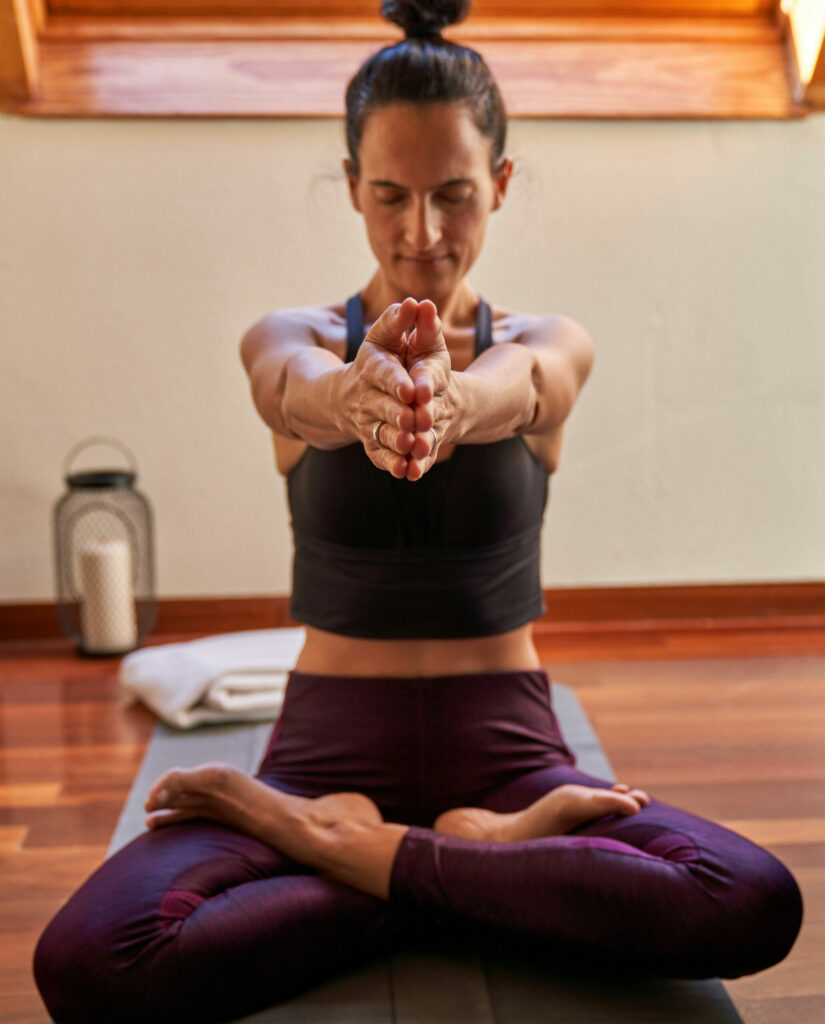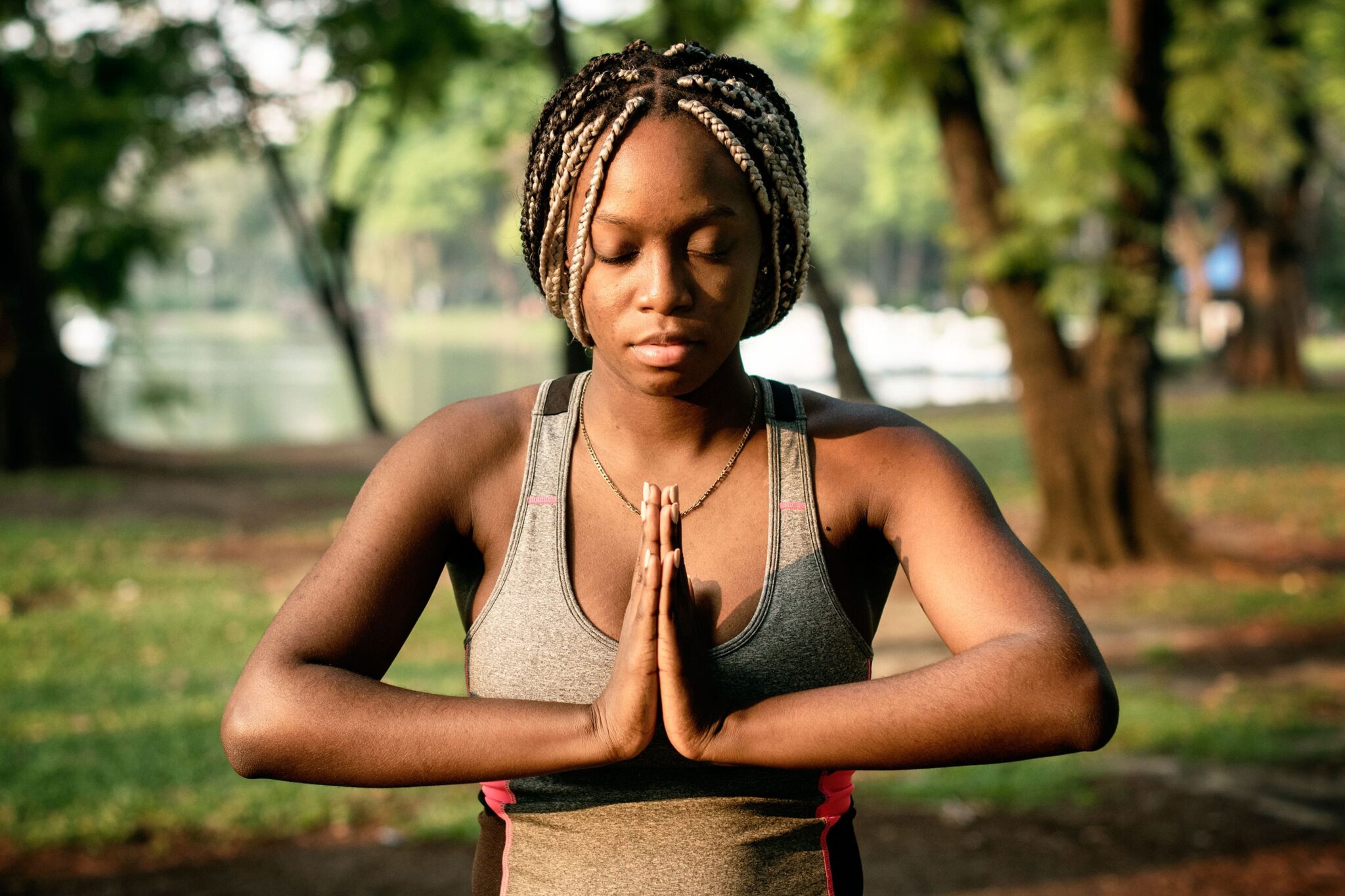
WHY STRESS-CARE IS CRUCIAL
The self-care concept has been well-known and widely discussed in the beauty space for quite some time at this point, but recently, the conversation seems to be shifting from “indulgent activities like manicures, hairdressing or massages to something more holistic. Lately, this term is seen as something that revolves around wellness practices like mindfulness, eating well, working out, and even intellectual stimulation. In other words, selfcare is gradually seen as a way to manage the daily worries and pressure we all accumulate from our lives in work, home and other environments. Henceforth, you could say that the self-care concept is evolving more into what is more accurately defined as stress-care.
While we are stressed, our body’s nervous system fires up. Our fight response elevates our adrenaline and cortisol levels. All this results to a heart rate increase, blood flow to the muscles becomes more pressing, and the blood flow to the gut and the skin decreases. This is the instinctive effort of our bodies to prepare us to response swiftly to a potential threat. This is why stress-care is increasingly significant for each one of us and it’s more than meets the eye. It’s about keeping the effect of stress in control to better help you take care of your health. The main objective involves the addressment of the root cause of usual issues such as bad moods, poor sleep quality, skin sensitivity, hair loss and more.




HOW TO STRESS-CARE
IDENTIFY WHAT RADIATES STRESS TO YOU
When it comes to stresses that bother you daily, it’s very important to think about what precisely is causing it and why. Firstly, you need to realise if yourself is who’s responsible. What if it’s you who’s triggering it? What if you’re not sleeping well or overstressing over manageable issues, like money, or fundamental responsibilities? If not, it could easily be work and the challenges it might offer, but did you ask anyone for help? Psychologists suggest that even if the cause of stress is something that’s out of control zone, you should think about how you’re adjusting to stress. What if you repeatedly say to yourself and others that you are stressed? Are you continuously watching news even though it’s clear that they hardly ever make you feel good?
SIMPLE WAYS TO UNLEASH STRESS
Outlets for acute stress can include drinking water, taking a short time walk, spending time with good friends, reducing caffeine consumption, taking up a new sport or hobby, or even just switching off from your phone or personal computer for a period of time. Another great way of taking control of stressful moments is focusing on your breathing is and attempting to even it. For instance, you can try breathing in deeply for a count of four seconds, hold for four seconds, exhale for four seconds and hold for four seconds, and repeating several times until you feel any difference, even if it’s slight. Sometimes, the best way to release stress is by letting our emotion come up, elevate, and gradually leave us. This can be done by shaking our body, stomping our feet, or even by yelling, crying or laughing. Last but least, it is needless to talk about the benefits that meditation offers. The quieter way of doing this, even though it requires a considerable amount of patience. In short, different methods work for different people.
Previous Story
Beer Beauty
Next Story

